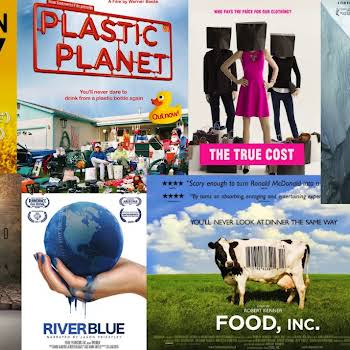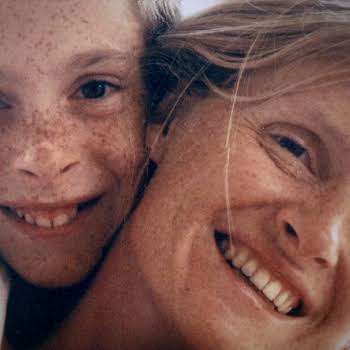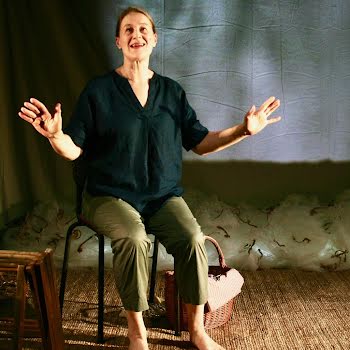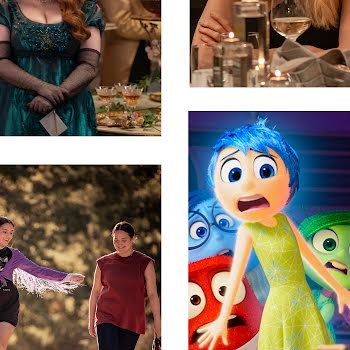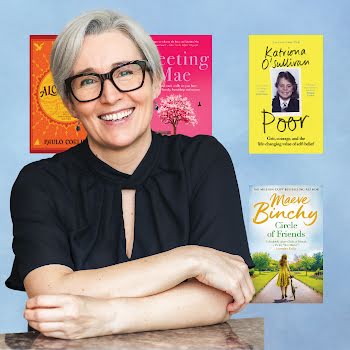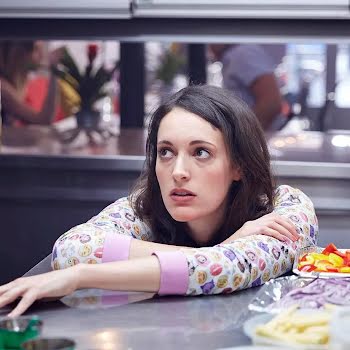
By Amanda Cassidy
01st Apr 2024
01st Apr 2024
From the Tinder Swindler to Theranos' Elizabeth Holmes to Anna Delvey; Amanda Cassidy wonders why we are so invested in scammer narratives.
It’s the new who-done-it. The how-could-this-have-happened? The allure of shows like Bad Vegan, The Dropout and The Tinder Swindler has shown that we are irresistibly drawn to tales of duplicity and deceit. The more convoluted, the better.
People aren’t always who they say they are and we can’t get enough of it.
Is it the relatability of such cons that has us binging all night? Or the disgust it happened at all?
Advertisement
These docu-dramas are fictionalised versions of real-life situations where victims tell of how they were emotionally or financially robbed during a situation that seemed perfectly legitimate at the time.
It’s a three-step viewing experience. First, it’s the self-entered reaction; immediately wondering if this could ever happen to us? That then turns to ridicule; how stupid are these people anyway? Which ultimately evolves into the third phase… superiority complex; I’d never let that happen to me.
Of course, there’s also the thrill of exposing a scheme that keeps us coming back for more.
Hulu’s recent hit, The Dropout, chronicles Theranos founder Elizabeth Holmes’ attempt to revolutionise the healthcare industry after dropping out of college and starting a technology company. Unlike the fake heiress Investing Anna, this scam intrigue wasn’t hazy about the protagonist’s motivations.
The eight-part Hulu series from New Girl creator Liz Meriwether is based on the ABC News podcast of the same name by Rebecca Jarvis. It traces how Elizabeth Holmes, played so impressively by Amanda Seyfried, built a house of cards from scratch.
True-con TV is a new beast, using new source material – news coverage, podcasts, commentary, press clippings. There’s pleasure in taking a peep into the glamorous lifestyles where lies are pedalled, wool is firmly pulled down over naive eyes and money is exchanged in frighteningly large amounts.
Advertisement
In Holmes’ case, we are reeled in by the struggle to square bad behaviour with the better person Silicon Valley thought they were dealing with.
But the true horror story was how far she was prepared to go to keep up the appearance of success. This show is a fascinating insight into the human portrait of fear of failure, it’s an exposure of the culture that created a myth, it’s the courage needed sometimes to stand up and point out that the emperor isn’t wearing any clothes.
Whispers* But really, how could they not have known?
This article was originally published in April 2022. Feature image via @thedropouthulu.












